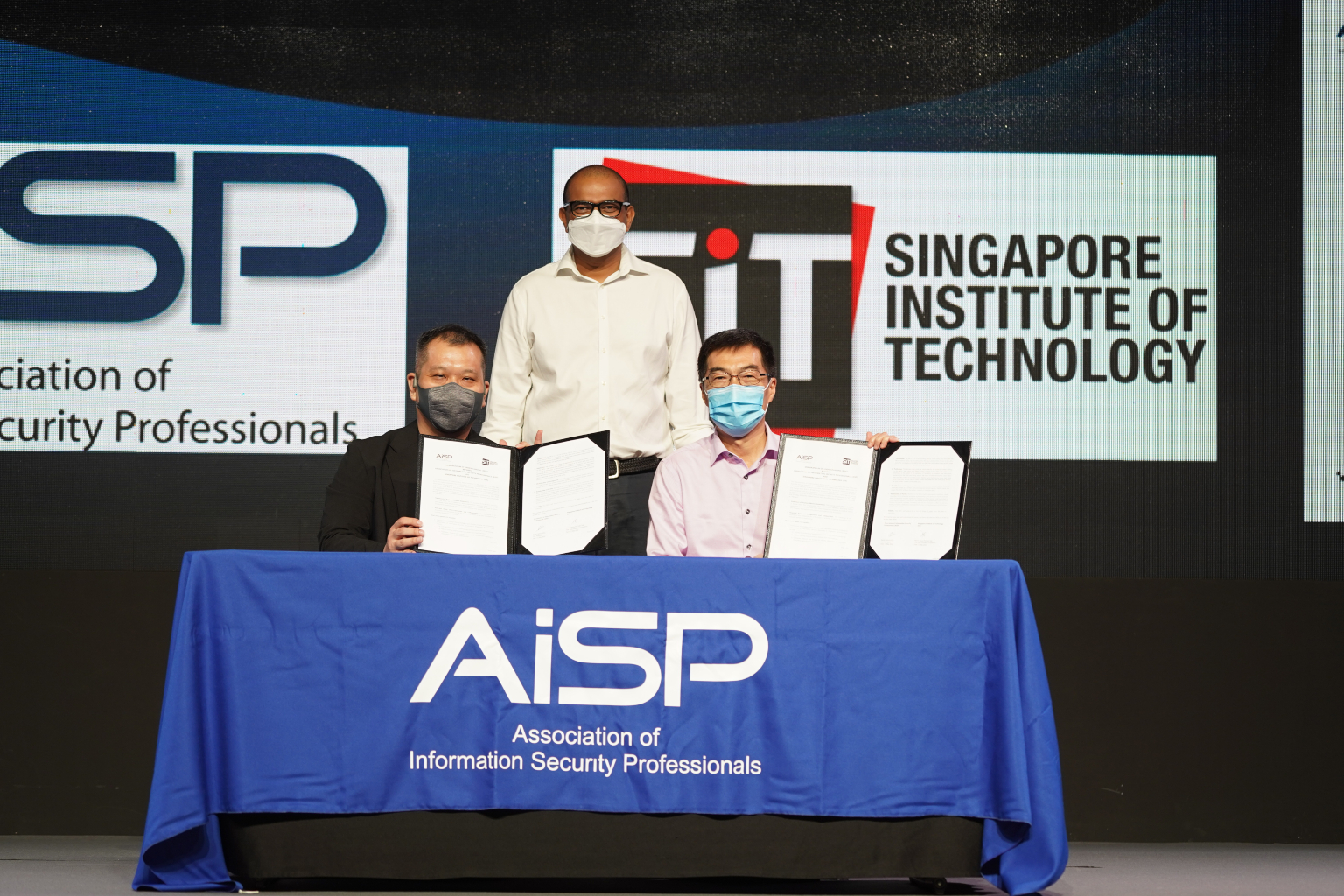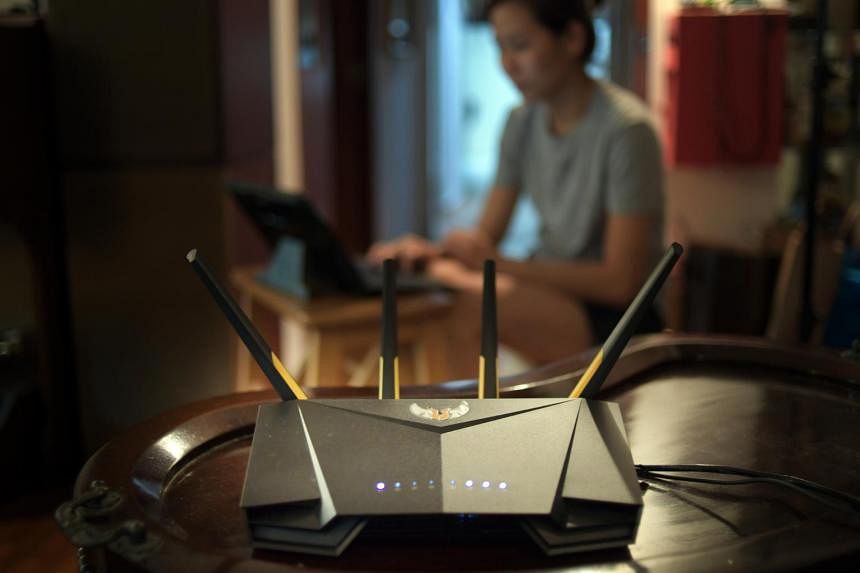SINGAPORE - The number of devices certified under a national labelling scheme - that helps buyers gauge how secure smart devices are against cyber risks - has spiked from 40 in October last year to nearly 150 now.
Since the Cybersecurity Labelling Scheme was launched in 2020, more than 250 applications have been made.
These new figures were revealed by Dr Janil Puthucheary, Senior Minister of State for Communications and Information, and Health, on Wednesday (May 11).
The scheme certifies Internet of Things (IoT) products such as Wi-Fi routers, Internet Protocol (IP) cameras and smart switches.
The Government Technology Agency's (GovTech) TraceTogether contact tracing token is also certified.
Successful applicants of the scheme, which is managed by the Cyber Security Agency of Singapore, can affix a label on the packaging of their certified products. They can also display the label in all advertisements and promotional material of the products.
Buyers using certified devices are less likely to encounter incidents such as cyber criminals hacking into IP cameras to spy on them, breaking into home routers to access their data, or even using their Internet-connected devices as a proxy to hack into other systems.
Dr Janil, who is also Minister-in-charge of GovTech, said: "As more products and companies come onboard, I am certain that we can develop more products that are innovative and yet ensure that our cyber-security posture is not compromised."
He also said the scheme has garnered international attention and interest.
The Cybersecurity Labelling Scheme is among several examples of government measures introduced to support IoT innovation and promote cyber-security practices, which Dr Janil mentioned in his speech at the Association of Information Security Professionals (AiSP) IoT Innovation Day on Wednesday.
Other measures include partnering with industry players and citizens to gather feedback on how IoT technology can be improved to better impact their businesses and lives.
At Wednesday's event, which was held at Suntec Convention Centre, Dr Janil also witnessed the inking of a memorandum of understanding (MOU) between AiSP and the Singapore Institute of Technology (SIT).

Under the MOU, both organisations will collaborate to conduct training courses to upskill information security personnel here, and share best practices in the cyber-security community.
The MOU will also enable SIT to tap AiSP's network of members for further partnerships aimed at enhancing the university's current curriculum in its information security degree courses.
SIT students will also benefit from industry initiatives such as AiSP's Ladies in Cyber mentoring programme.
This partnership comes about two years before Punggol Digital District - envisioned to be a smart and sustainable mixed-use district - is expected to progressively open.
It will not only house SIT's new campus, but also tech companies such as robotics design firm Boston Dynamics and cyber-security services provider Group-IB.
AiSP is also expected to move its office there.
The 50ha district, which is earmarked to play a key role in bringing together industry players, academics and tech talent, will serve as a living lab for companies, students and the public to test digital and smart living solutions.
It is also expected to feature IoT solutions such as autonomous buses and delivery robots, smart sensors that regulate room temperatures, as well as facial recognition controls for building access.


